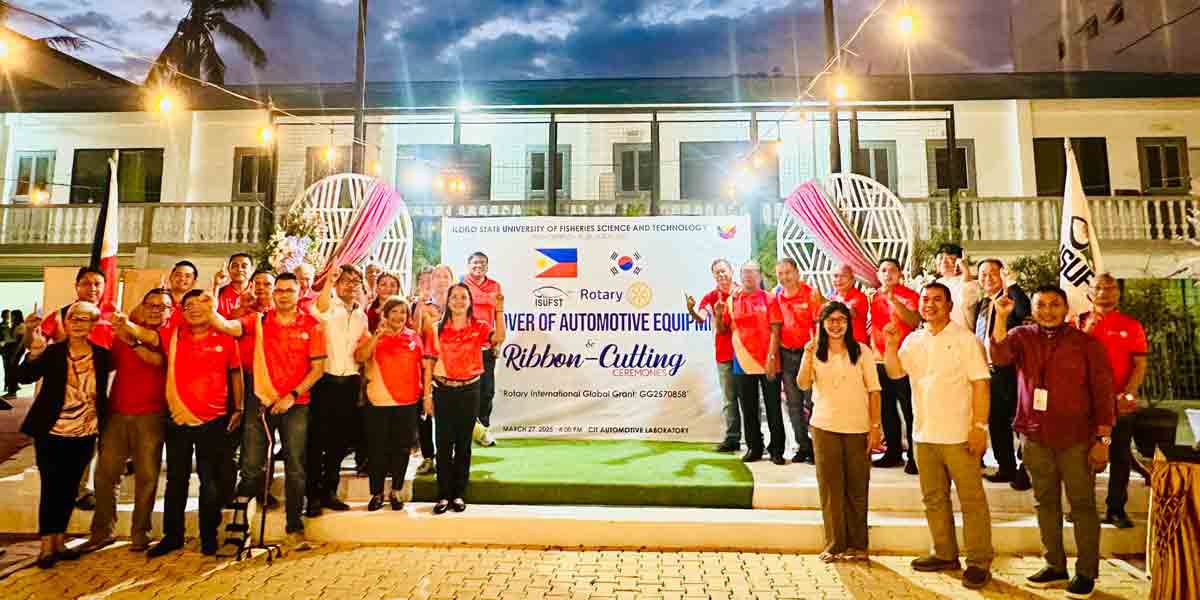
By Mariela Angella Oladive
As the world marked World AIDS Day on December 1, transgender individuals in Western Visayas gained access to specialized healthcare services through the newly launched Mango Clinic (Managing Affirmation, Nurturing for Gender Optimization) in Iloilo City.
Operated by the Family Planning Organization of the Philippines (FPOP) Iloilo Chapter, the clinic is the first of its kind in the region, providing targeted services for the unique health needs of transgender people.
Its offerings include HIV screening, Gender Affirming Hormone Therapy (GAHT), mental health support, and general healthcare consultations.
The clinic also introduced the country’s first Estradiol Machine, a groundbreaking tool that enables precise monitoring of hormone levels, ensuring safer gender transitions for transgender individuals.
Mona Liza Diones, FPOP Iloilo Chapter Program Manager, highlighted the clinic’s mission to address long-overlooked health concerns in the transgender community.
“Many transgender individuals resort to self-medication or unsupervised hormone therapy due to the lack of accessible and inclusive healthcare. This often leads to severe complications like kidney failure, cardiovascular diseases, and mental health challenges,” Diones explained.
The clinic aims to provide a safe, medically supervised environment for transgender people to receive care while also combating stigma and promoting acceptance.
Dr. Thaddeus Milay Averilla, President of the Philippine Professional Association for Transgender Health (PPATH), stressed the dangers of unsupervised hormone use.
“The Estradiol Machine is a game-changer, but transitioning requires comprehensive medical oversight to avoid life-threatening complications,” Averilla said.
Dr. Loyd Brendan Norella, FPOP HIV Program Manager, emphasized the machine’s importance in transgender health care.
“It allows precise monitoring of estrogen levels, keeping them within a safe range to reduce health risks and complications often associated with unsupervised hormone use,” Norella explained.
He added that the procurement of the machine was funded independently by the clinic’s partner stakeholders, highlighting the growing demand for accessible, supervised care for transgender individuals.
The Estradiol Machine, described as portable and efficient, can process up to 10 to 15 blood tests daily. In addition to hormone monitoring, it can test for diseases such as COVID-19 and dengue, enhancing its versatility for patient care.
Diones noted that the clinic offers these services at minimal fees to make them accessible to a broader population.
Ecile Gonzales Genit, Case Manager of Mango Clinic, explained that the clinic was named Mango in recognition of its proximity to Guimaras Island, known for its mangoes, and inspired by Thailand’s Tangerine Clinic, which provides similar transgender healthcare services.
With its innovative services, Mango Clinic stands as a milestone in transgender health care in the Philippines, addressing urgent healthcare needs while promoting acceptance and inclusivity.
















